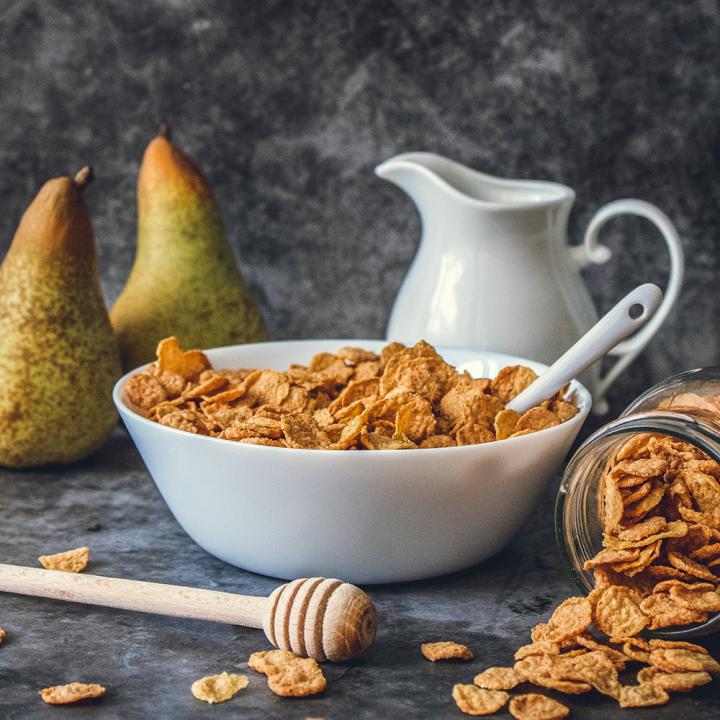UTS researchers have uncovered a strong link between the consumption of certain food groups and memory loss and comorbid heart disease

Credit: Unsplash.com
A healthy diet is essential to living well, but as we age, should we change what we eat?
UTS research fellow Dr Luna Xu has studied data from 139,000 older Australians and found strong links between certain food groups, memory loss and comorbid heart disease or diabetes.
Dr Xu found high consumption of fruit and vegetables was linked to lowered odds of memory loss and its comorbid heart disease. High consumption of protein-rich foods was associated with a better memory.
Dr Xu also found the link between food group and memory status may vary among different older age groups. People aged 80 years and over with a low consumption of cereals are at the highest risk of memory loss and its comorbid heart disease, her research showed.
“Our present study implies that the healthy eating suggestions of cereals consumption in the prevention of memory loss and comorbid heart disease for older people may differ compared to other age groups,” said Dr Xu, who holds a Heart Foundation postdoctoral research fellowship.
She said the study pointed to a need for age-specific healthy dietary guidelines.
Memory loss is one of the main early symptoms for people with dementia, which is the second leading cause of death of Australians. People living with dementia have on average between two and eight comorbid conditions, which may accelerate cognitive and functional impairment. The most common comorbidities in dementia include cardiovascular diseases, diabetes and hypertension.
“The dietary intervention in chronic disease prevention and management, by taking into consideration the fact that older populations often simultaneously deal with multiple chronic conditions, is a real challenge,” Dr Xu said.
“To achieve the best outcome for our ageing population, strong scientific evidence that supports effective dietary intervention in preventing and managing co-occurring chronic conditions, is essential.”
###
Dr Xu and her co-researchers used data collected by the Sax Institute’s 45 and Up Study, the largest ongoing study of healthy ageing in the Southern Hemisphere.
The article Eating and healthy ageing: a longitudinal study on the association between food consumption, memory loss and its comorbidities is published in the International Journal of Public Health.
Media Contact
Fiona McGill
[email protected]
61-428-883-325
Related Journal Article
http://dx.




